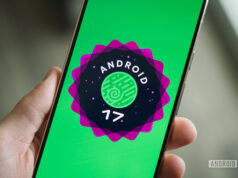Andy Walker / Android Authority
Modern Android phones arrive with a dizzying number of apps you’ll likely never use. In some cases, phones sold in other regions include country-specific apps you definitely don’t need. In these cases, uninstalling them, freeing up space, and unloading resources on your device is preferable. However, there are some apps that you cannot remove from your phone as a normal user — you will need elevated privileges.
While some root their devices to accomplish this, there’s a safer, easier, and cleaner way to debloat your phone. When faced with the ridiculous bloat on the vivo X Fold 2, I searched for a way to simplify the process. Thankfully, I stumbled across an app called Canta that allows users to uninstall almost any app on their device, provided they jump through a few hoops. It’s enabled through another app called Shizuku, which provides elevated privileges and allows ordinary users to tinker with usually unreachable apps and services.
Before conceptualizing this guide, I tried both apps and found that this is far and away the easiest way to debloat an Android phone, be it a Samsung, vivo, or beyond. So, how can you use Canta and Shizuku to debloat your phone? Below, I detail the process from top to bottom.
What are Shizuku and Canta?
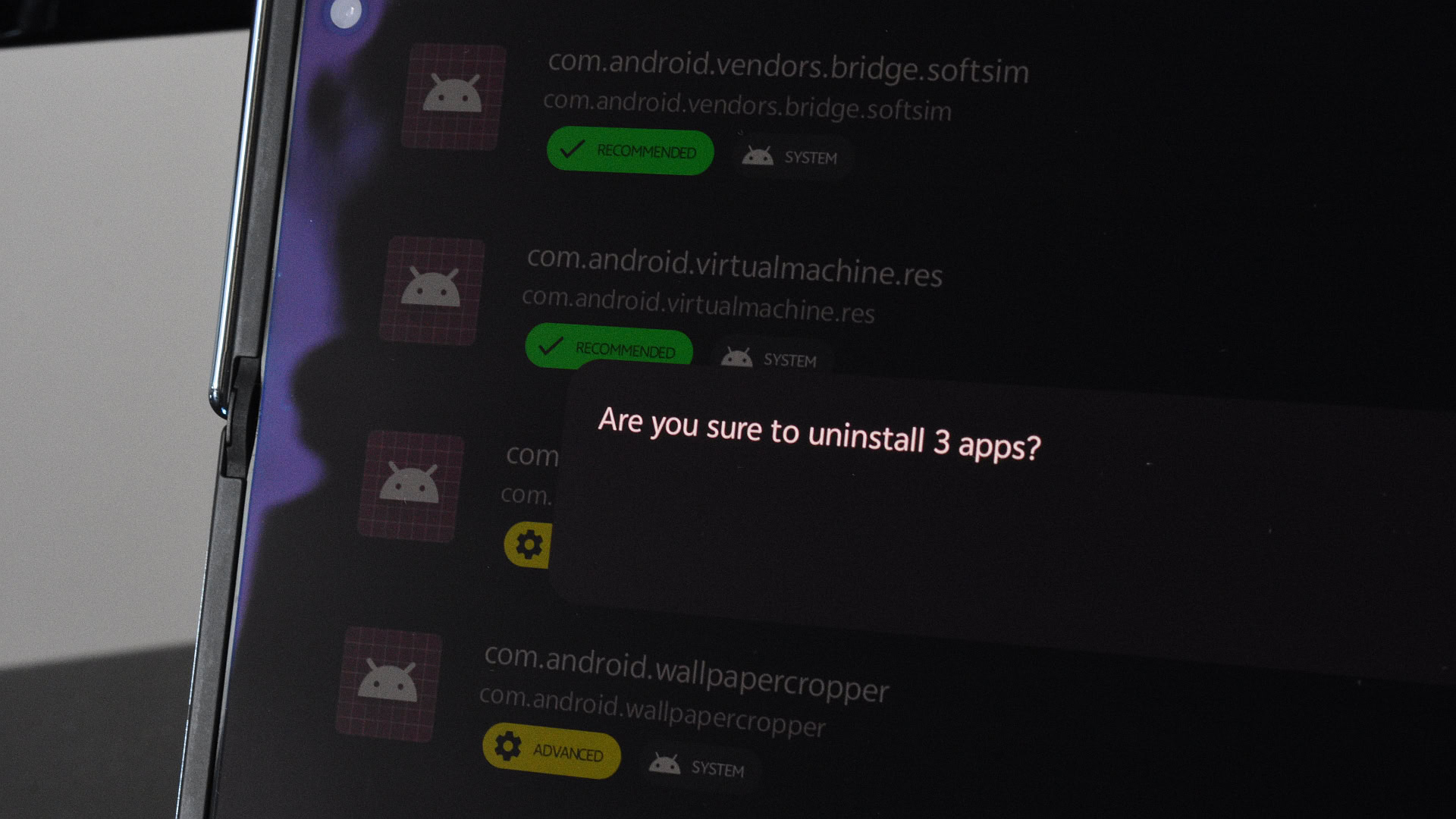
Andy Walker / Android Authority
In short, Shizuku is an Android app that allows normal apps on unrooted phones access to system APIs and elevated privileges. Importantly, Shizuku must be activated via ADB, while each app that can utilize it must be activated per app, giving users more discretion and control.
Of course, opening access to this level of your system always comes with an inherent risk, but the app itself is highly regarded and trusted. The app also revokes all privileges after your phone is rebooted. It’s also available directly from the Google Play Store.
Canta is one such app that can take full advantage of the avenues Shizuku opens. To be reductive, it’s an uninstaller, but through Shizuku it can uninstall practically any app without rooting your device. This makes the usually laborious debloating of your phone much easier and more accessible.
Canta also utilizes community-maintained debloat lists that rank apps in terms of importance. Best of all, Canta allows for batch uninstalls. You can select numerous apps in one go and uninstall them with one tap of a button. This is much more convenient than other debloat methods, like ADB commands.
How I used Canta and Shizuku to debloat my phone
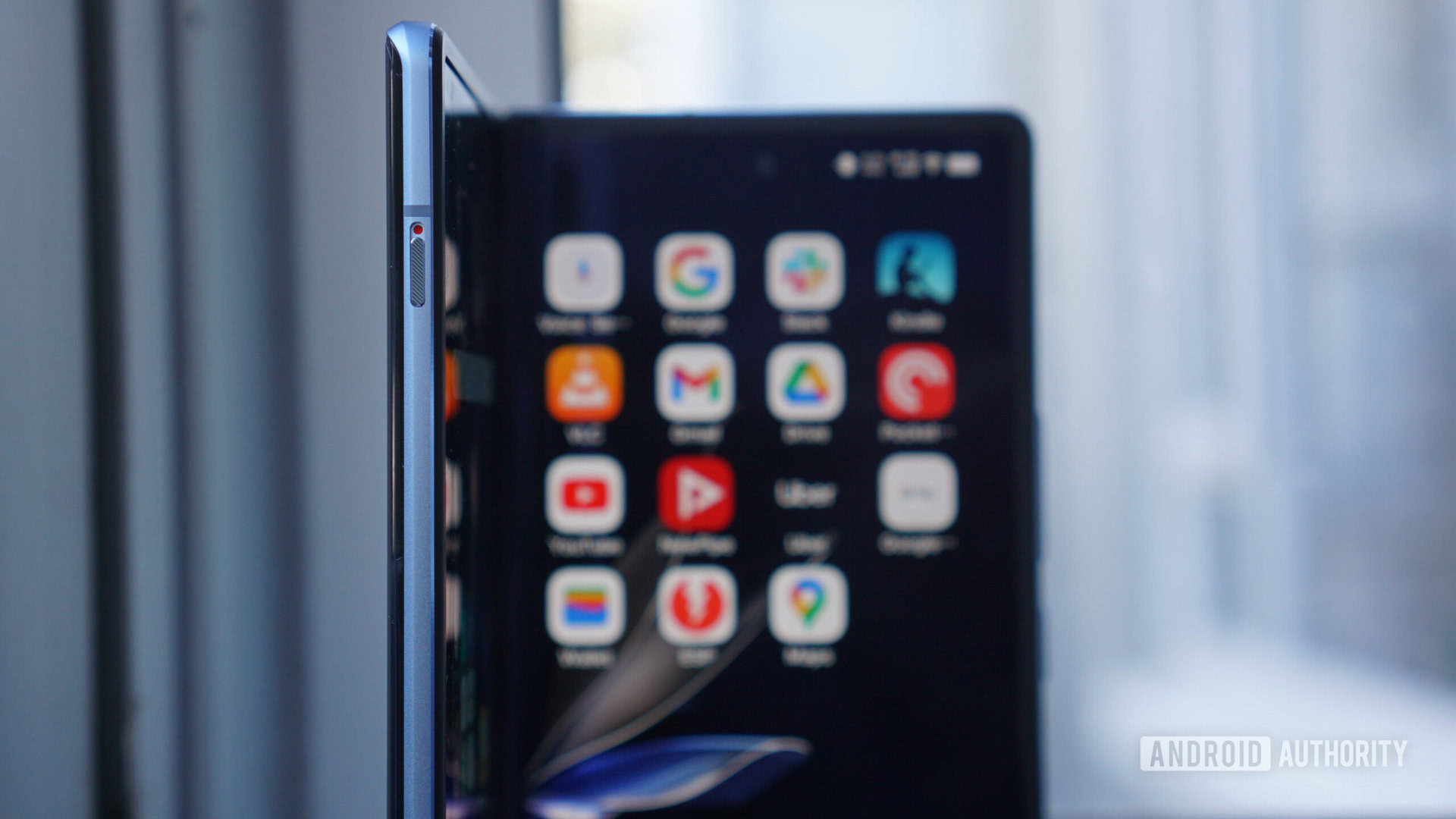
Hadlee Simons / Android Authority
I admit I used to trudge through ADB to delete apps that I couldn’t usually do manually. This involved a lot of back and forth, searching strings and apps to ensure their functionality isn’t absolutely necessary, and a package description app on my device to match the APK string with its common name. Canta and Shizuku simplify this entire process. Yes, you’ll be required to activate Shizuku, get ADB ready on a PC, and learn the nuances of Canta, but it’s infinitely doable to debloat your device, even for novices.
Before I detail the process, please, once again, be aware of the risks. Canta’s recommendations should not be taken as gospel but rather as guidelines. These app descriptions are often not enough to make a decision. In these instances, I suggest you err on the side of caution. Nevertheless, if you uninstall an app or service you shouldn’t have, you can reset your device to rectify the error. As a result, it’s important to back up your phone before jumping in.
How to easily debloat your Android phone
First, install Canta and Shizuku from F-Droid and the Play Store. Next, we’ll set up Shizuku so Canta can use it.
Open Shizuku on your phone. You should see the message “Shizuku is not running” at the top of the app. If your device isn’t rooted, you must activate Shizuku via ADB. I used my PC for this process. We have an excellent guide for setting up and using ADB on your PC. I recommend that you follow our steps closely. Notably, you can also start Shizuku using wireless debugging if your device is running Android 11 or newer. To learn how to do this, tap Step-by-step guide in the app. This process won’t require a cable or a PC.
As mentioned, I used the traditional ADB process that involves a computer to compile this guide. Once ADB is ready, open the Shizuku app again and tap View command.
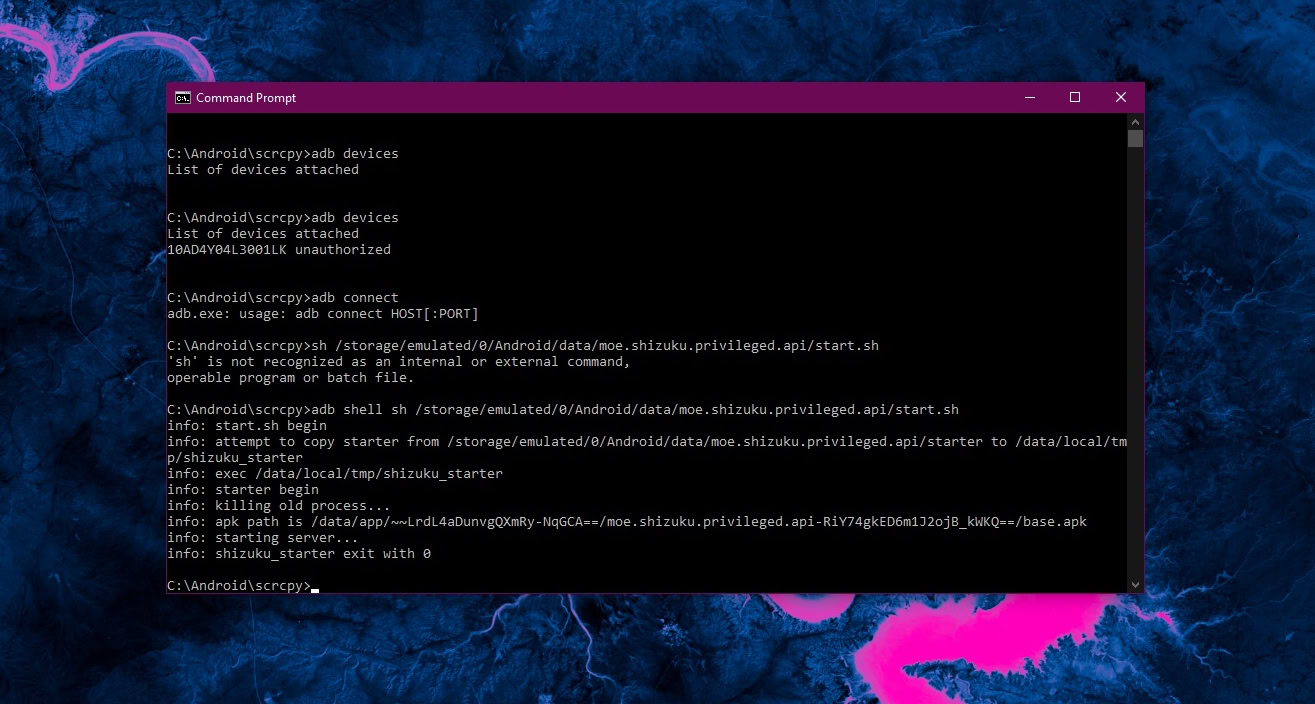
Andy Walker / Android Authority
Input this entire command into your ADB command window and hit the Enter key on your keyboard when you’re done. This will run the command that activates Shizuku.
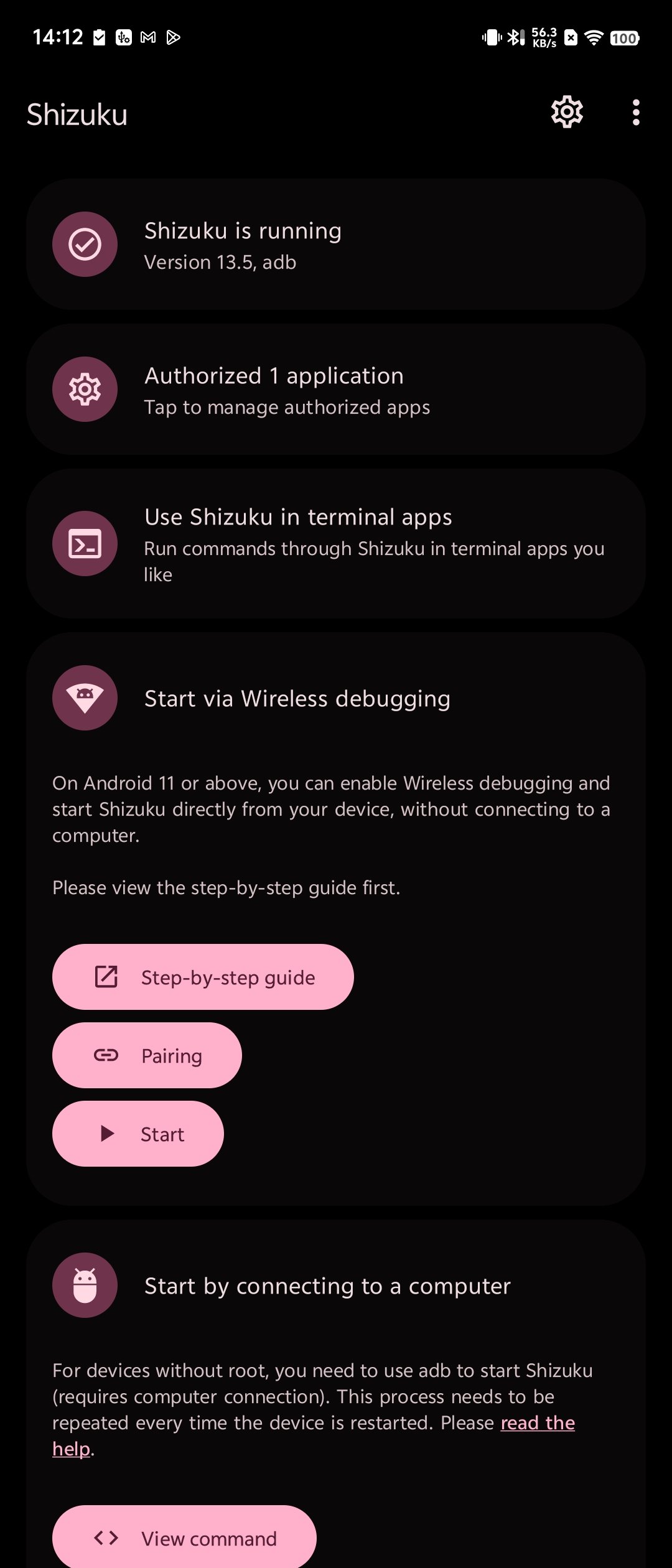
Andy Walker / Android Authority
Check Shizuku on your phone. You can confirm if it’s ready from the app’s home screen (as in the image above). If the message displayed at the top of the app reads “Shizuku is running,” you can proceed. With Shizuku activated, we can finally open Canta.
Before selecting an app for uninstallation, tap on its entry. Canta will provide a written explanation of the app, why it is recommended that you rid your device of it or not advised to uninstall it, and what could go wrong if you do uninstall it. Notably, Canta also ranks the apps based on their importance to the system; these will be displayed as tags, namely Recommended, Expert, Advanced, System, and Unsafe. You can uninstall Recommended apps, but steer clear of the other ranks unless you’re an experienced tinkerer or using a device you’re willing to experiment with.
To uninstall an app, tick the corresponding checkbox and tap the red trash bin icon.

Andy Walker / Android Authority
You can now go through all the installed apps on your device and uninstall those you don’t require.
And that’s it. You can now remove the unnecessary apps from your system, improving its performance and efficiency.


